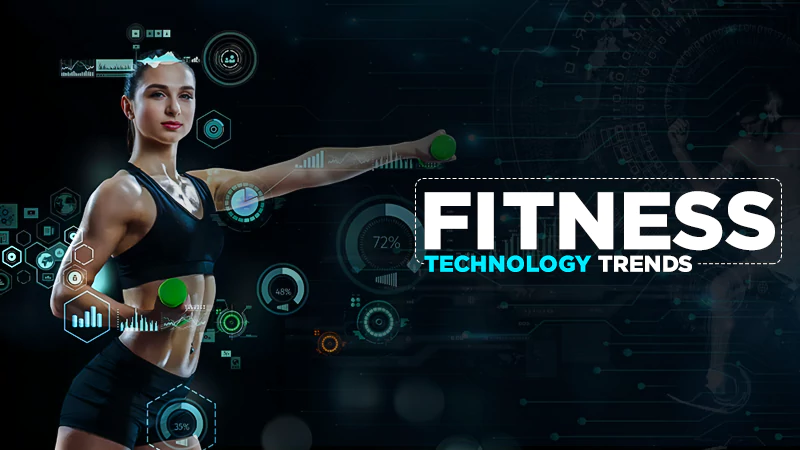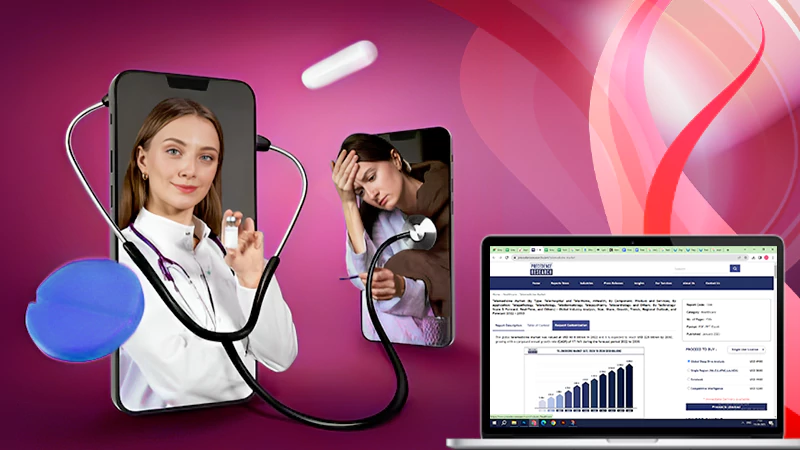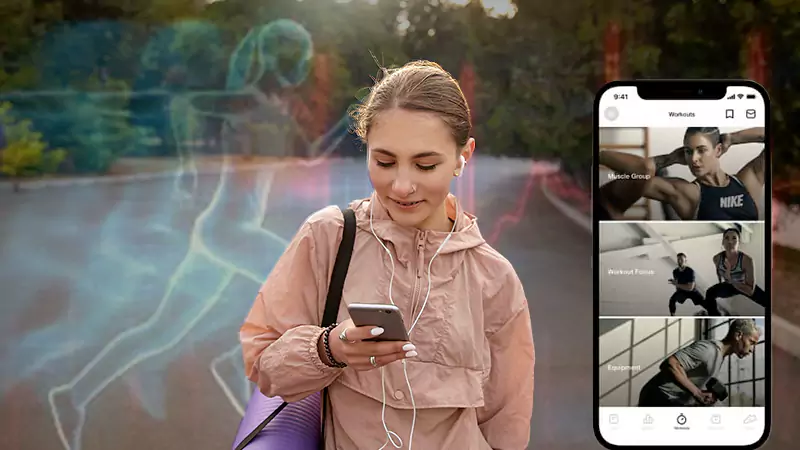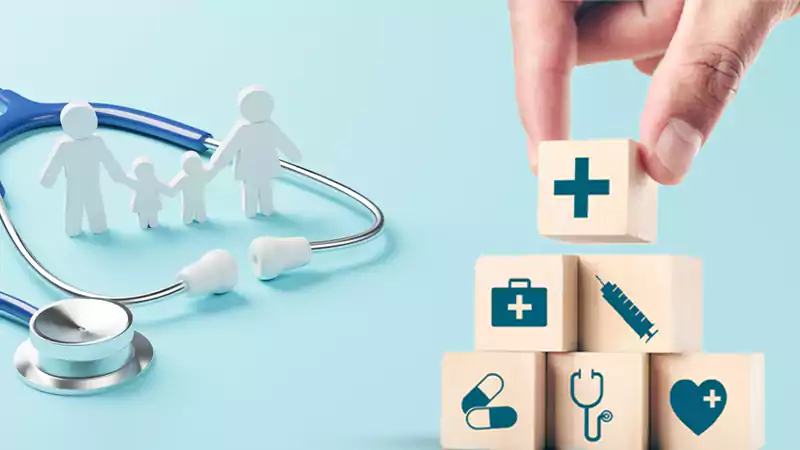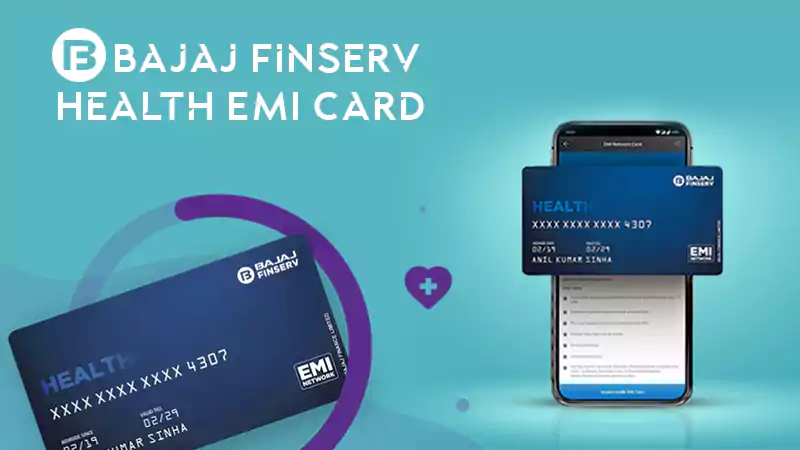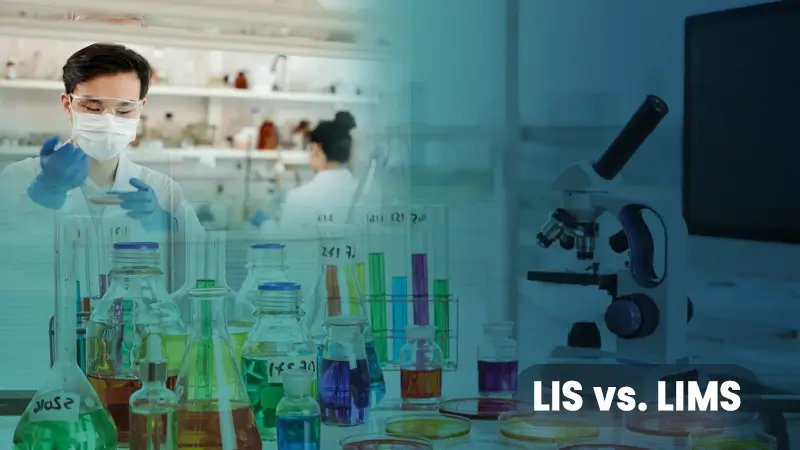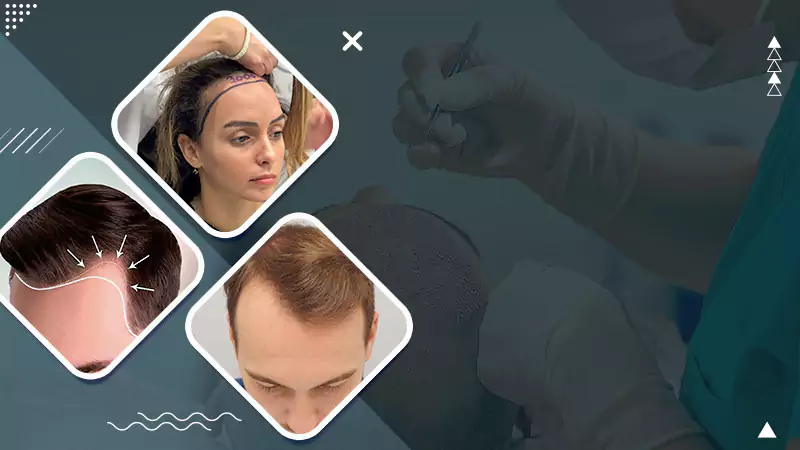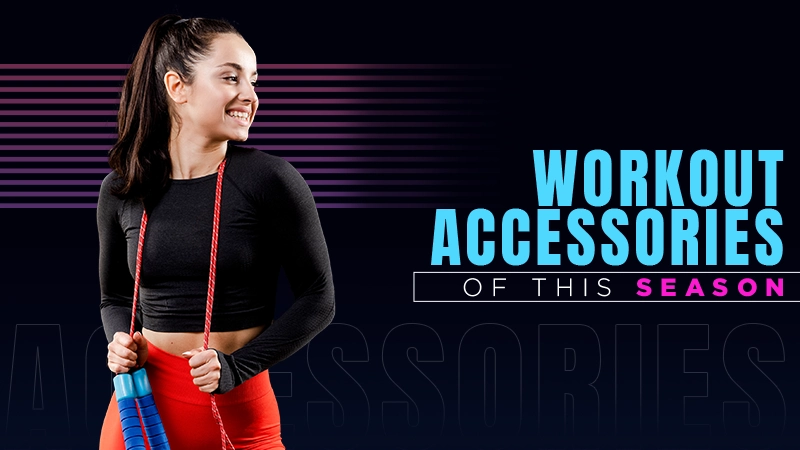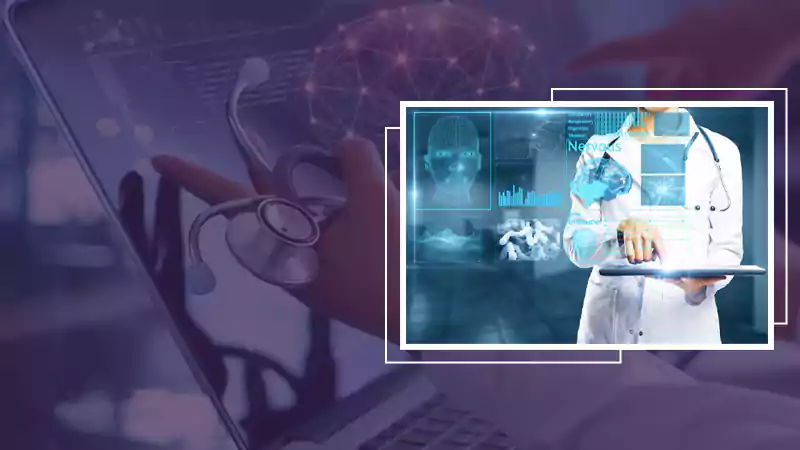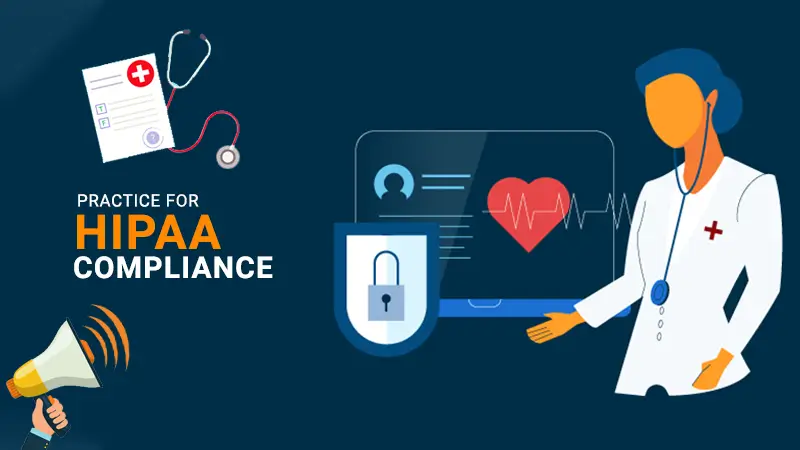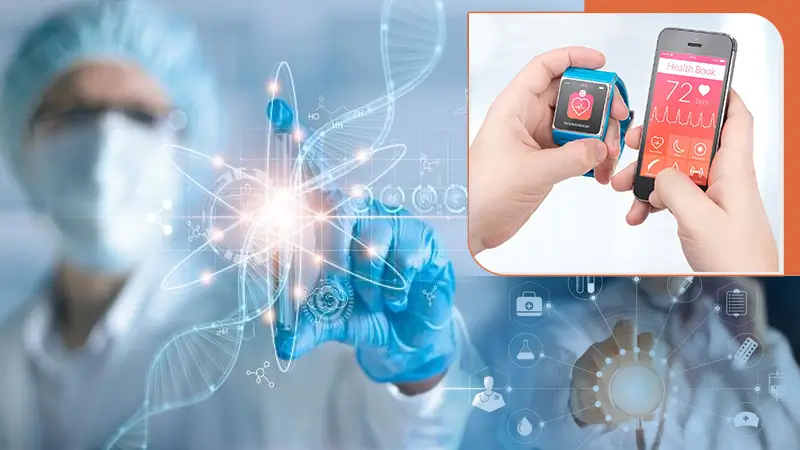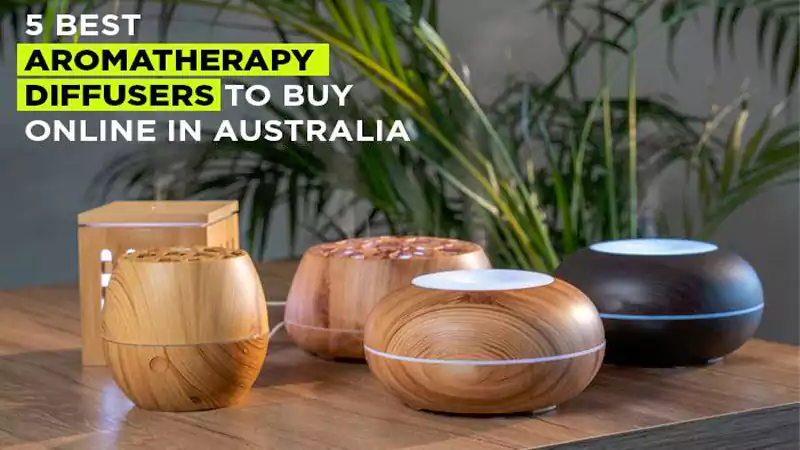Apps for Better Health: How Modern Technology Helps Us to Stay Healthy?
You may get the impression that the internet and all the various apps available is just about social media and nothing more, but nothing could be further from the truth.
Particularly in the age of COVID-19, thousands are reaching out as never before for trusted advice on their health, and quite fortunately for us, like for everything else there is an app for that.
While some medical apps are nothing but disguised advertisements to get you to sign up for an appointment at a healthcare facility, others are general use applications that are of a real benefit to help monitor your health.
What are Mobile Apps and How Did They Appear?
As mobile phones became available, in 1997 the first apps appeared. Today there is an app for everything, and medical apps are no exception.
Why are Medical Apps So Popular?
Once you have a worthy medical app on your phone, you can access it from anywhere, and there is no delay. The app shows up instantly.
Medical Apps for Better Health
Here are some of the top apps that medical professionals recommend:
#1. The Web MD Symptom Checker
Available on both Google Play and the Apple Store, the Web MD Symptom checker allows people to compare their symptoms with many common diseases, set medication reminders, learn about medications, find doctors, save on prescriptions, and more.
WebMD, although commercial, works with a network of over 100 doctors and has a few doctors on staff. As always, do not rely on any app to diagnose your health, but rather give you a snapshot of where you might be at the moment.
#2. First Aid by the American Red Cross
This is an app that may save a life such as the application of CPR, stopping someone from choking, taking care of a diabetic emergency, or more.
Available on Google Play and the App Store, the Red Cross is totally non-profit.
#3. Waterlogged
A simple application, most people do not drink enough water. The app allows you to track your water use and keep set water drinking reminders. On Google Play and the App Store.
#4. Physioadvisor
Created by physiotherapists, many people go to see a physiotherapist, but at home, they are fuzzy about doing many of the recommended exercises.
Physioadvisor covers over 500 different exercises most commonly recommended by physiotherapists. Available on both Google Play and the App Store.
#5. OneRx
Medicines are costly, and for some Americans, it’s almost a choice between going without food and obtaining an affordable prescription.
OneRX helps you compare the cost of prescription drugs over various pharmacies and if the prescription is way out of their budget, helps them and their doctor recommend suitable alternatives.
OneRX also allows you to tailor the information by entering your health insurance information. Again available on both Google and the App Store.
#6. Doctor on Demand
Doctor on Demand, available at both the Google Play and Apps Store allows people to connect remotely via their smartphone, tablet, or commuter to a network of over 1100, board-certified doctors. The App is free, and you only pay if you are connected to a specialist.
Although most medical problems they treat are minor, in an age when house calls have disappeared, Doctor on Demand is the next best thing.
(Source for our apps, which are only the tip of the iceberg:
Rasmussen University: https://www.rasmussen.edu/degrees/health-sciences/blog/healthcare-apps-everyone-should-have/)
Also Read: Benefits of Virtual Hospital and Healthcare Organizations and Patients
What We Still Can’t Track with Apps
Though apps are fine, they are no substitute for many visits to see a doctor in person. Here are some important things you can’t track with apps:
#1. Diseases That Require a Lab Test to Narrow Down.
Many diseases require lab tests for a doctor to narrow down exactly what is ailing you and provide you with the best prescription medicine.
As no app, even a telemedicine app can draw blood and rely on a blood test, apps are generally limited to providing you information that will provide you more information about possible treatment plans and understanding the risks of various medications rather than diagnosing a disease.
#2. Tracking Hormone Levels
Hormone levels, such as estrogen, progesterone, thyroid hormone levels, and testosterone all require blood tests. Even the best doctor can’t guess at these levels accurately.
Licensed companies work with licensed physicians that treat low testosterone levels in otherwise healthy adults. They always inform patients about possible side effects of TRT and get blood work done before the treatment.
Not everyone is a candidate for testosterone treatment. For example, we don’t offer HGH for bodybuilders, which is a non-approved FDA use, and only a pediatric endocrinologist treats children, but for men with low sex drive, depression, and low sense of self-esteem, seeing a doctor for Low T is often a Godsend.
#3. Cancer and Diabetes
Cancer and diabetes are some of the most serious diseases there are, and no app, even with remote doctors would seriously consider diagnosing and treating cancer and diabetes.
It often takes numerous medical visits to narrow down exactly what is taking place in the patient’s body.
#4. Strokes and Cardiovascular Disease
You can read about the warning signs of strokes and cardiovascular disease all day long, but there is no substitute for seeing a cardiologist.
Using sophisticated instruments such as Electrocardiograms and more, a cardiologist really wants to be sure he or she understands thoroughly what is taking place in your heart and your brain.
#5 Sleep Apnea
Sleep apnea is a breathing problem when your breathing stops while you are sleeping.
If a doctor suspects you may have sleep apnea you may be required to go to a sleep clinic overnight, where your breathing and heart are monitored while you sleep.
Since sleep apnea can lead to sudden cardiac death, it’s nothing to sneeze at, and of course, no app can substitute for results from a sleep clinic.
The Bottom Line on Health Apps
Most are useful and can aid your health, but they are no substitute for a face-to-face visit with a physician in most cases.
Fitness Technology: The Latest Updates and Implications for…
Exploring Telemedicine Credentialing: Tips and Considerations
How to Keep Your Fitness Routine on Track…
The Ultimate Guide for Picking the Perfect Medical…
Take Care & Worry-Less with Bajaj Finserv Health…
LIS vs. LIMS: What’s The Difference?
Know About Various Types of Hair Transplantation
Top Workout Accessories of This Season
How to Develop High-Quality Medical Image Analysis Software
The 5 Best Practices for HIPAA Compliance
How Healthcare Industry Leverages Machine Learning Through Wearables
5 Best Aromatherapy Diffusers to Buy Online in…

